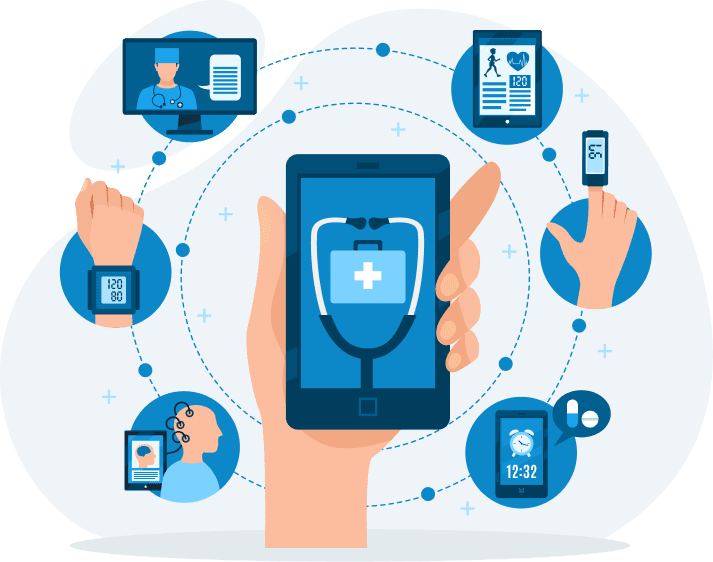The intersection of technology and health has led to groundbreaking innovations, especially in managing chronic conditions like digestive issues. With millions of people worldwide struggling with gut health problems such as Irritable Bowel Syndrome (IBS), technology offers new ways to monitor, manage, and improve daily well-being.
The Rise of Health Tech for Gut Wellness
Wearable technology has come a long way from tracking steps and monitoring heart rates. Today, devices equipped with biosensors can measure various health metrics, including digestion-related markers. These wearables can help individuals gain real-time insights into their digestive health, empowering them to make informed lifestyle changes.
One notable advancement is gut-focused tech that monitors factors such as gut motility and food sensitivity responses. These devices use non-invasive sensors to track digestion cycles and identify possible triggers for discomfort. This technology is particularly useful for people managing conditions like IBS, where symptom patterns can be unpredictable.

How Data Drives Better Digestive Health
Wearables linked to smartphone apps can track data over time, providing users with digestible reports (pun intended). These insights can reveal how specific foods, healthy snack choices, sleep patterns, or stress levels impact gut health. The ability to correlate lifestyle factors with digestive performance helps individuals adapt their habits for lasting relief.
Consider a person managing IBS who often struggles with bloating after meals. By using a digestive health tracker, they could notice patterns linked to specific foods or meal timings. Armed with this data, they can better communicate with healthcare providers and even adjust their dietary plan.
The Role of Supplements and Personalized Care
While wearable tech provides essential data, managing gut health often requires a multifaceted approach. Personalized nutrition plans, mindfulness practices, and targeted supplements can all play a role. In particular, gut motility supplements have gained popularity among people looking to support healthy digestion naturally.
These supplements may help promote regular digestive movement, easing common IBS symptoms like bloating and constipation. However, combining supplement use with tech-enabled monitoring can maximize results. When users see clear improvements in their tracked digestive metrics, they are more likely to maintain consistent health habits.
Bridging the Tech-Health Gap
The future of gut health management lies in integrating technology with personalized care plans. Apps already offer meal tracking, hydration reminders, and mindfulness exercises tailored to digestive wellness. Adding AI-driven insights could further enhance the precision of these tools.
Imagine a future where your wearable device syncs with a virtual nutritionist powered by AI. Based on your digestive data, it could suggest a specific supplement for IBS, meal adjustments, or stress-reducing activities, all tailored to your unique health profile.
Final Thoughts
Technology is reshaping how we manage gut health by turning complex digestive data into actionable insights. As wearable devices and health apps continue to evolve, they could play a vital role in improving life for people with IBS and other gut-related concerns. The next time you track your steps, consider how similar tech could transform your digestive health journey — no guesswork required.
